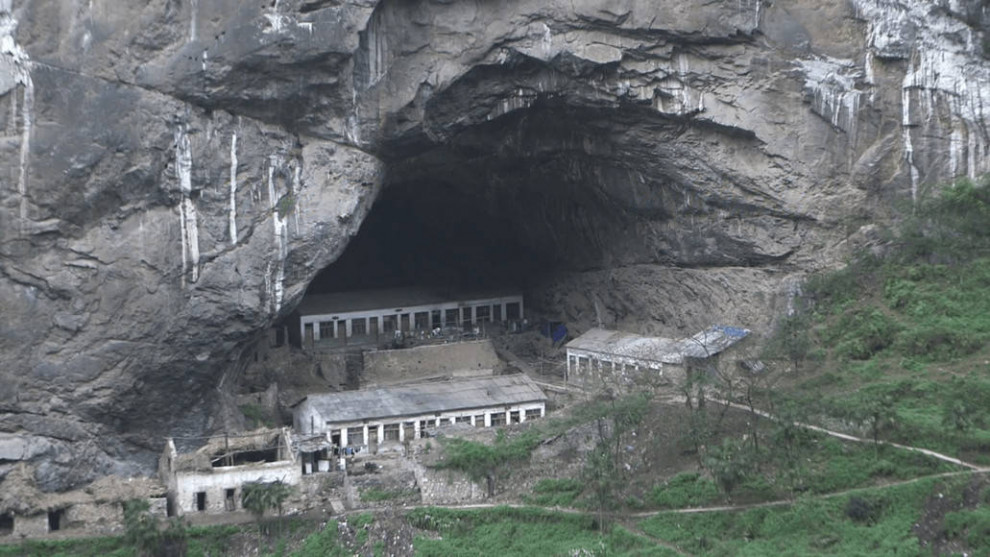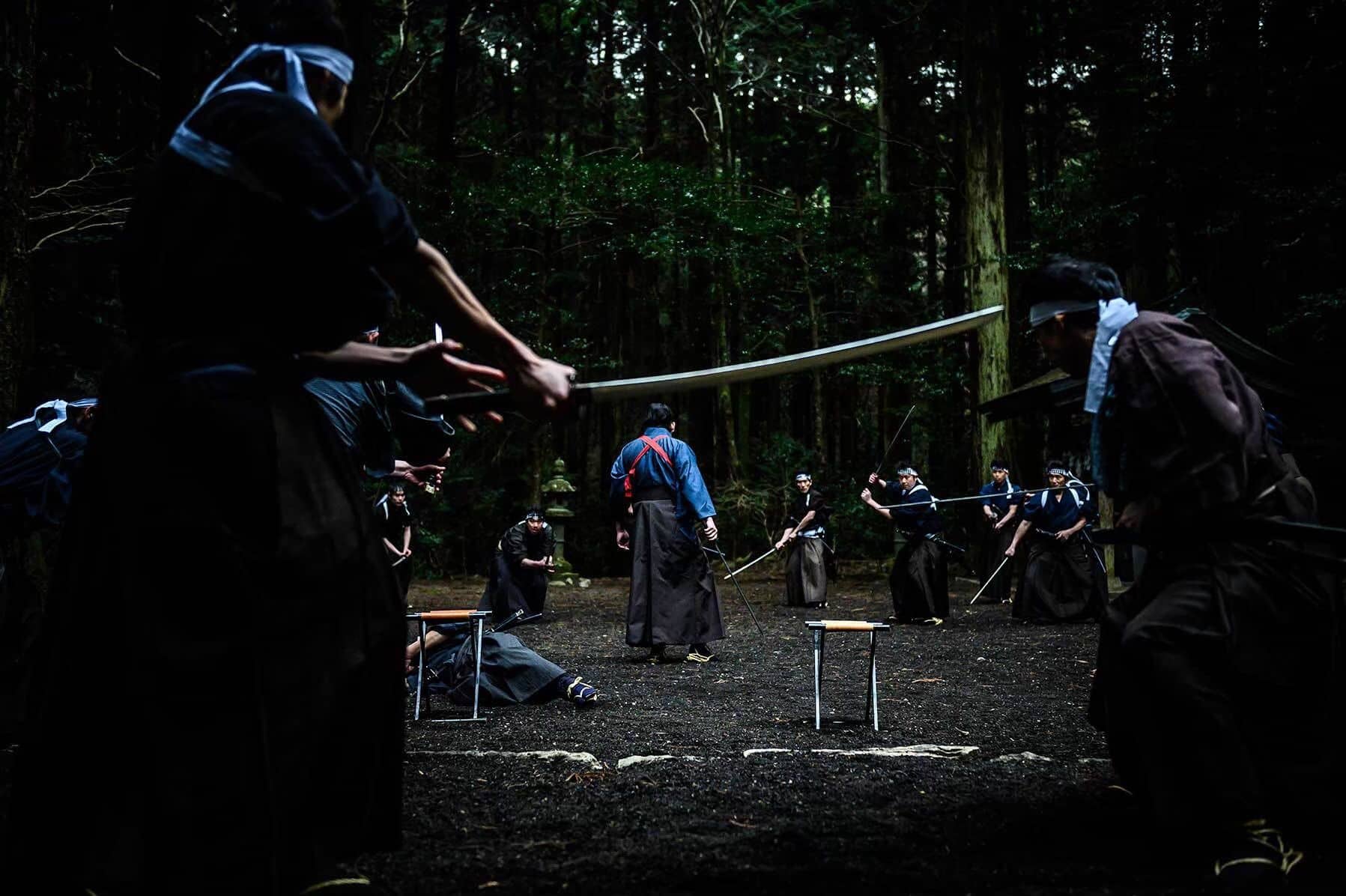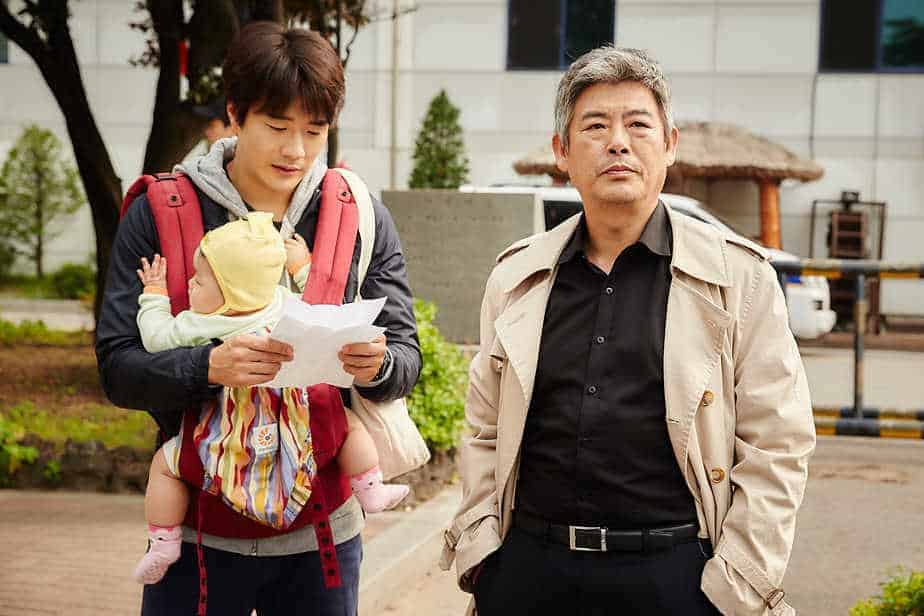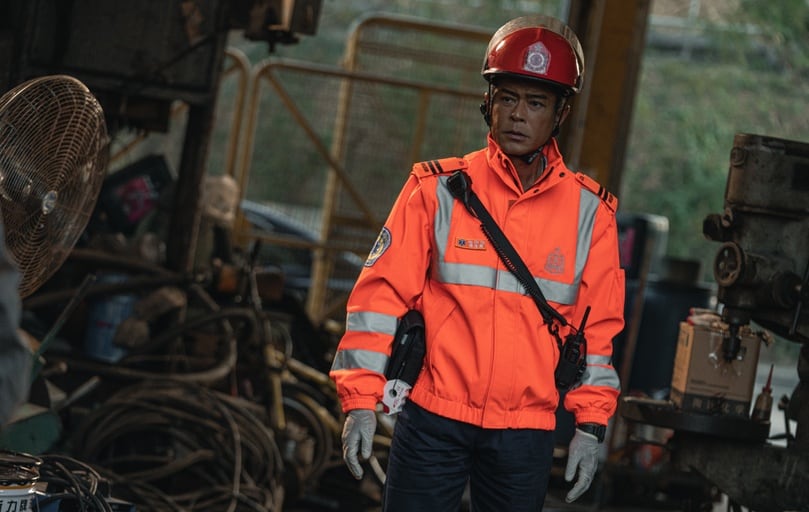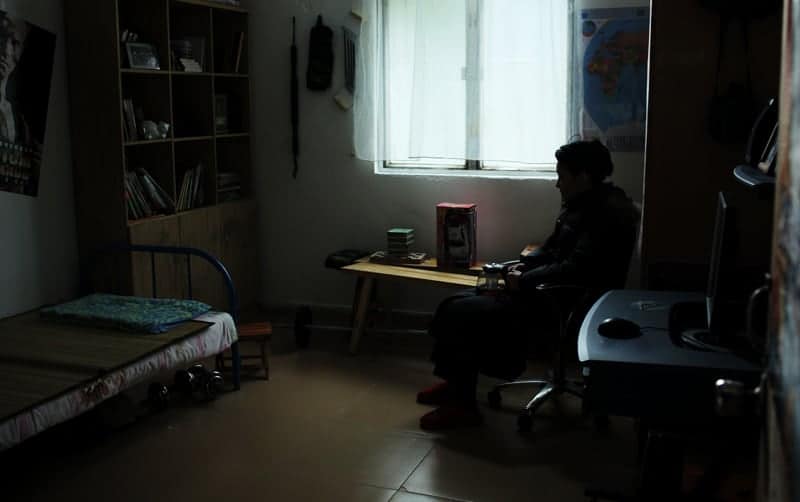When we think about the conflict between two generations, the concept may strike you as one which seems unnecessarily aggressive, confrontational, or at the very least a symbol for an unbridgeable gap between people. Indeed, while one generation may define aspects such as family, home and responsibility differently than the other, this does not automatically result in a generational chasm. However, the cracks within the relationship of people become visible, the subject of unspoken words and accusations, perhaps even visible if you dare look closer at certain family portraits. Of course, many of these conflicts may never come to the surface, but they are bottled up inside, and if the right moment arrives, who knows how and if they erupt.
“A Family in the Sinkhole” is screening at Chinesisches Filmfest München (Munich)

The fact the family unit and its conflicts have always been a reflection of social shifts and developments is at the core of Chinese director Yao Zubiao's “A Family in the Sinkhole”, his final project for his degree at Beijing Film Academy. Over the course of several months, he and his crew have accompanied the inhabitants of Da Guoquan, China's biggest sinkhole which is 600m wide and 150m deep. Used as a leper colony a long time ago, it is a dense forest and a small village with approximately 32 people living there.
In recent years, the place has been discovered by tourists and backpackers exploring its natural beauty and visiting the village. While the younger generation, such as Yang Xiuxiang welcomes them and realizes the opportunity for the place and its people, the older generation, for instance, his mother, 74-year-old He Pingxiu, is unwilling to adapt. As local authorities start coming up with a development plan for the village demanding a lot of changes from its inhabitants, the conflict between the young and the old starts to escalate.
Although the camera occasionally captures moments of everyday comedy, as the film progresses the depth of the generational conflict becomes visible. While the argument between mother and son about how to keep a pig, how to make a farmhouse look presentable and in general, be more hygienic may look rather comical at first, as a viewer you start to realize what is at stake here. Essentially, there are two ways of living fighting with each other over the smallest of detail: the one unwilling to let go of a secluded life in peace, the other ready for some kind of progress and more connection to the outside world.

Over the course of its running time of 71 minutes, Yao Zubiao's camera never takes sides, stays neutral while at the same time focusing on each of these sides, weighing the possible pros and cons of the decision and conflict at hand. In the end, we have to understand his film, perhaps as an example, a mirror of a much wider development within a country facing a shift in many aspects; from politics to society, one which will not happen silently, but is necessary. Development, or “devilment” as He Pingxiu remarks in one scene, is inevitable, but there is the question of how will be left behind, or if we simply return to an old way of doing things.
In conclusion, “A Family in a Sinkhole” is an interesting film about the conflict between maintaining an old system of values or standards and the way towards progress. While the decision may seem simple to us, the repercussions are quite severe, testing the unity of a family as Yao Zubiao's film shows.


